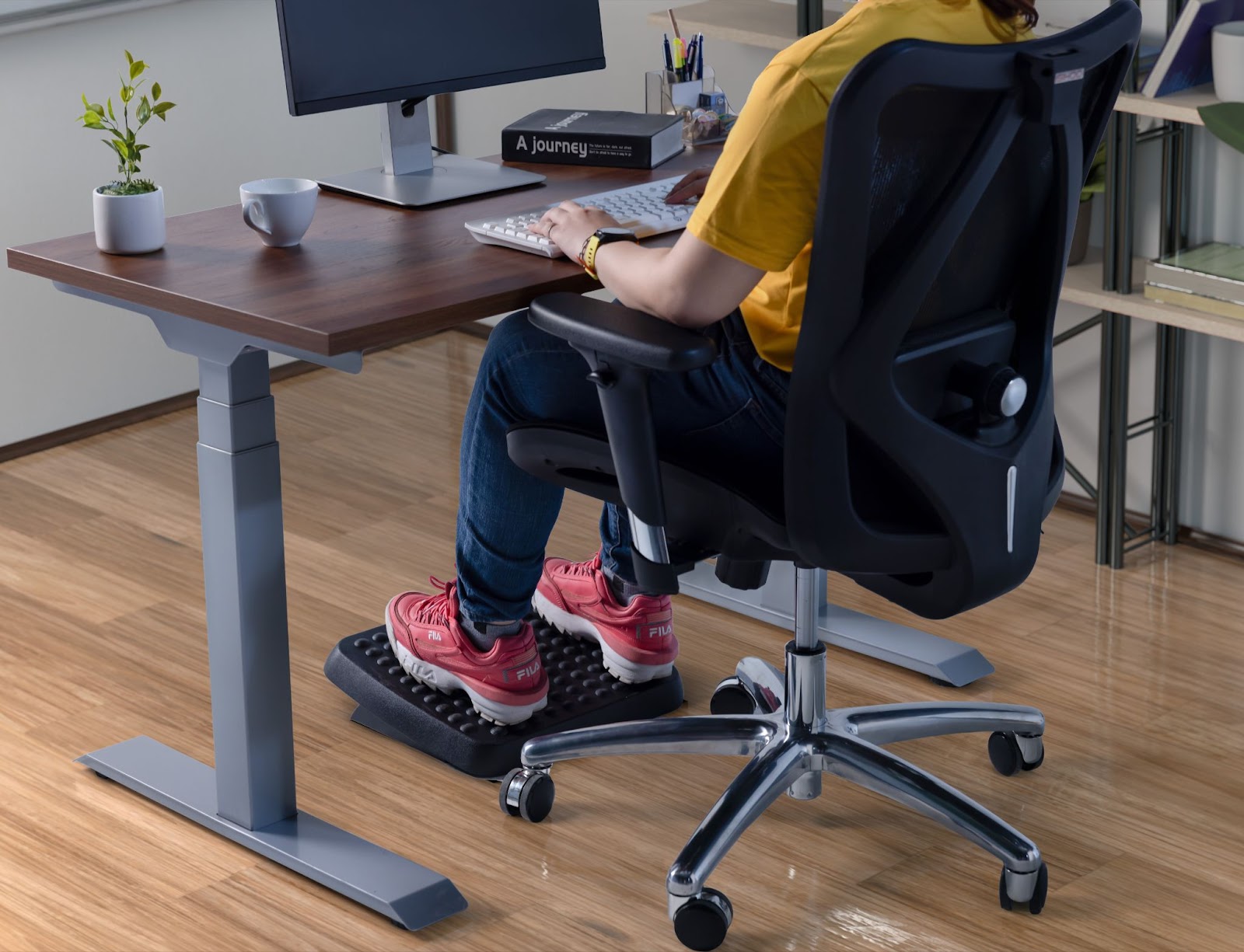Good sleep is necessary for general health and well being. As adults, we need between seven and nine hours of sleep per night. However, we are all unique! Some people will need more and others less. The amount and quality of the sleep we get impacts on all aspects of our lives and certainly on our concentration and productivity levels when it comes to working. A poor sleep routine could be impacting your ability to get a restful night of sleep. This is good news, as we can work to improve our sleep habits as required!
WHY IS SLEEP IMPORTANT?
Your health and how you generally feel when you are awake can certainly be somewhat attributed to what happens while you’re sleeping. During sleep, your body is working to maintain healthy brain function and your physical health. In children and teenagers, sleep is important for growth and development. If you notice that you wake up tired and are spending your days longing to sleep, it may be a sign that you are not getting enough quality sleep.
TIPS TO IMPROVE YOUR SLEEP
Sleep at regular times – try to stick to a routine when it comes to sleep, set a bedtime, and wake up time. Try to be disciplined and stick to this as much as possible. It’s all about making sleep a priority.
Wind down before you sleep – Plan to take some time before your planned bedtime to slow down. Switch off devices, consider doing some relaxation or meditation to allow your body to relax after the day.
Avoid devices before sleeping – This is something that can be easily changed with discipline. Where possible, try to leave devices outside of the bedroom. Blue light emitted from devices is known to increase our alertness levels and hence can make falling asleep difficult. Also, consider silencing your notifications during your sleeping hours.
Limit caffeine and alcohol intake in the hours before bed. Again, this takes discipline but is definitely achievable! Caffeine and alcohol are known offenders when it comes to sleep quality. Try to get to know your own levels of caffeine sensitivity. For some of us, we may need to cut out tea and coffee earlier in the day.
Manage your time and make sleep a priority – plan ahead. Plan from the start of your day all the way through to bedtime. This will ensure you are not de-prioritizing sleep and including it as part of your daily routine.
Exercise during the day. Fit in time to exercise during the day or late afternoon as this can promote a good night’s sleep. Be mindful to avoid exercise too close to bedtime. This can stimulate you and make it more difficult to wind down.
Track your sleep. Consider keeping a sleep diary to record your bedtime, wake time, and how many hours of sleep you are getting. This can be useful in allowing you to learn about your sleep patterns. By understanding your sleep patterns, you can identify how best to manage your sleep routine.
Creating simple and consistent habits to improve your sleep, can help you feel good and energetic during the day. However, if you are having consistent difficulty with sleeplessness, do consult your Doctor.
ERGONOMICS SUPPORT FOR YOUR COMPANY
To learn more about office setup and good ergonomics principles, you can reach out to Fit for Work to talk about how an ergonomic programme within your office can increase productivity, increase staff satisfaction, improve staff retention and reduce sick leave.



